Category:
Uganda
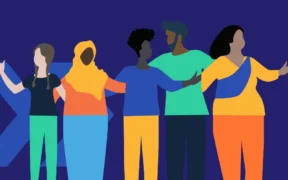
Through a long-term partnership, FP2030 and Knowledge SUCCESS have used KM techniques to summarize country commitments in shareable formats that anyone can easily understand and expand documentation expertise among FP2030 Focal Points.
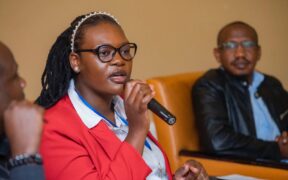
Since 2019, Knowledge SUCCESS has been building momentum in improving access to and quality of family planning/reproductive health (FP/RH) programs by strengthening knowledge management (KM) capacities among relevant stakeholders in East Africa.
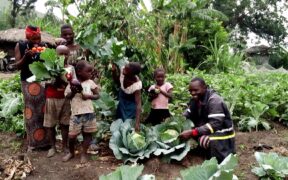
In 2022, Knowledge SUCCESS collaborated with 128 Collective (formerly Preston-Werner Ventures) to conduct a rapid stock-taking exercise to document the impact of HoPE-LVB, an integrated Population, Health, and Environment (PHE) project in Kenya and Uganda. During a recent webinar, panelists shared how HoPE-LVB activities continue in the two countries.
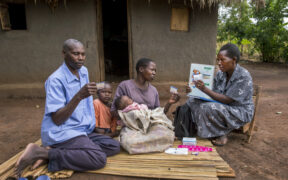
During all stages of reproductive life, men play an important role in conversations and decisions about contraceptive use, family size, and spacing of children. Yet, even with this decision-making role, they are often left out of family planning and contraceptive programming, outreach, and education efforts.
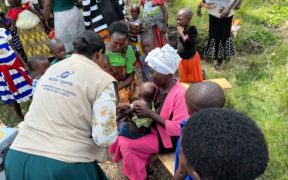
An interview with Jostas Mwebembezi, Executive Director and Founder of The Rwenzori Center for Research and Advocacy in Uganda, which serves women, children, and adolescents in the poorest communities to help them access improved livelihoods, including better health care and education.
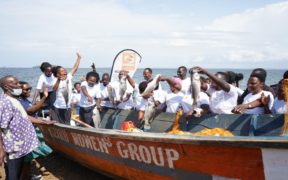
Katosi Women Development Trust (KWDT) is a registered Ugandan non-governmental organization that is driven by its mission to enable women and girls in rural fishing communities to effectively engage in socioeconomic and political development for sustainable livelihoods. KWDT Coordinator Margaret Nakato shares how the implementation of a fishing project under the organization’s economic empowerment thematic area is promoting gender equality and women’s meaningful participation in socioeconomic activities, especially in Uganda’s fishing space.
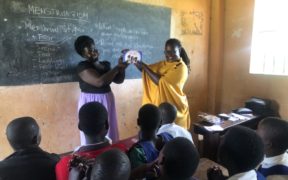
Wii Tuke Gender Initiative is a women- and youth-led organization in Northern Uganda’s Lira District (in the Lango sub-region) that uses technology and culture to empower women and girls from structurally silenced communities.
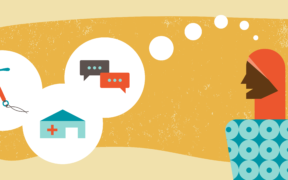
This week, we're featuring The Uganda Youth Alliance for Family Planning and Adolescent Health (UYAFPAH) in our FP/RH Champion Spotlight series. UYAFPAH’s primary mission is advocating for positive change in health matters that affect young people in Uganda.
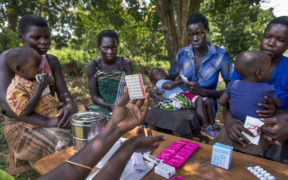
Marie Stopes Uganda’s Gulu Light Outreach provides free mobile clinics that engage Northern Ugandan communities on reproductive health. Using peer-to-peer influence and outreach in markets and community centers, the team educates young people on contraceptives. It aims to spur family planning and support a culture that prioritizes the futures of its youth and the sustainability of its environment.
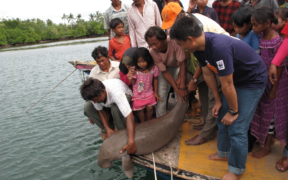
In March 2021, Knowledge SUCCESS and Blue Ventures, a marine conservation organization, collaborated on the second in a series of community-driven dialogues on People-Planet Connection. The goal: to uncover and amplify the learnings and impact of five national PHE networks. Learn what network members from Ethiopia, Kenya, Madagascar, Uganda, and the Philippines shared during the three-day dialogue.













